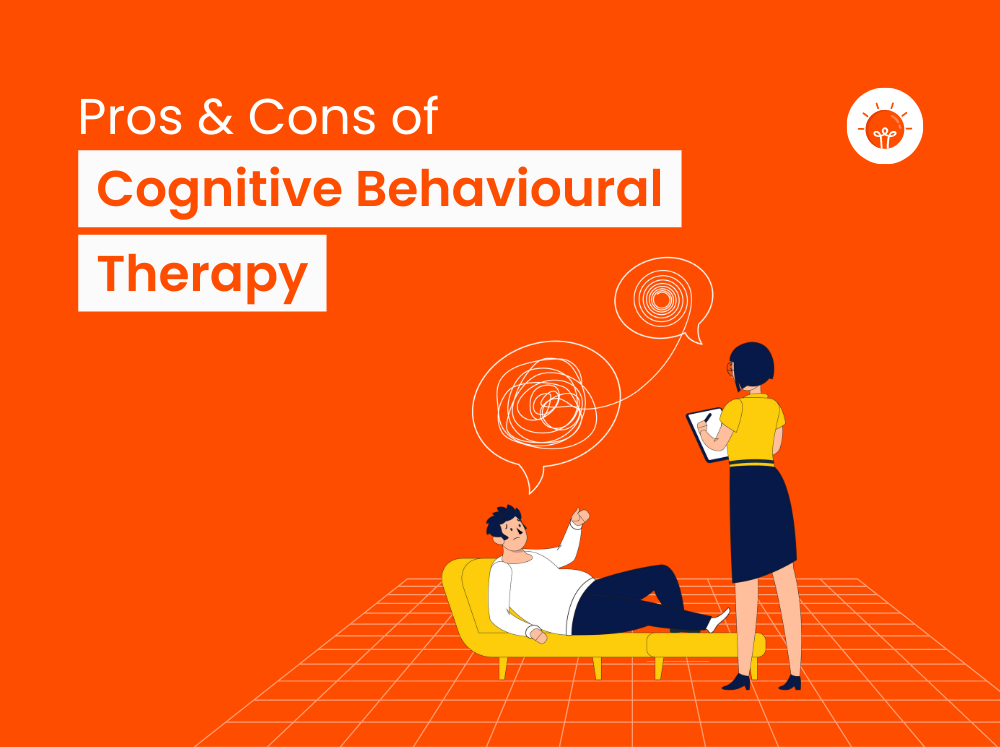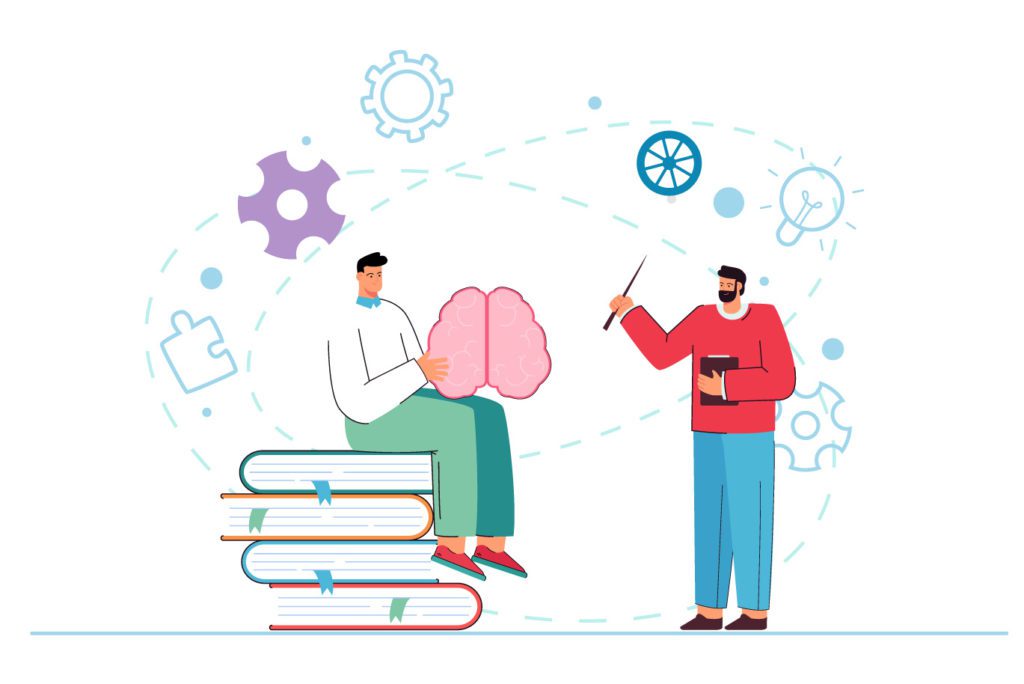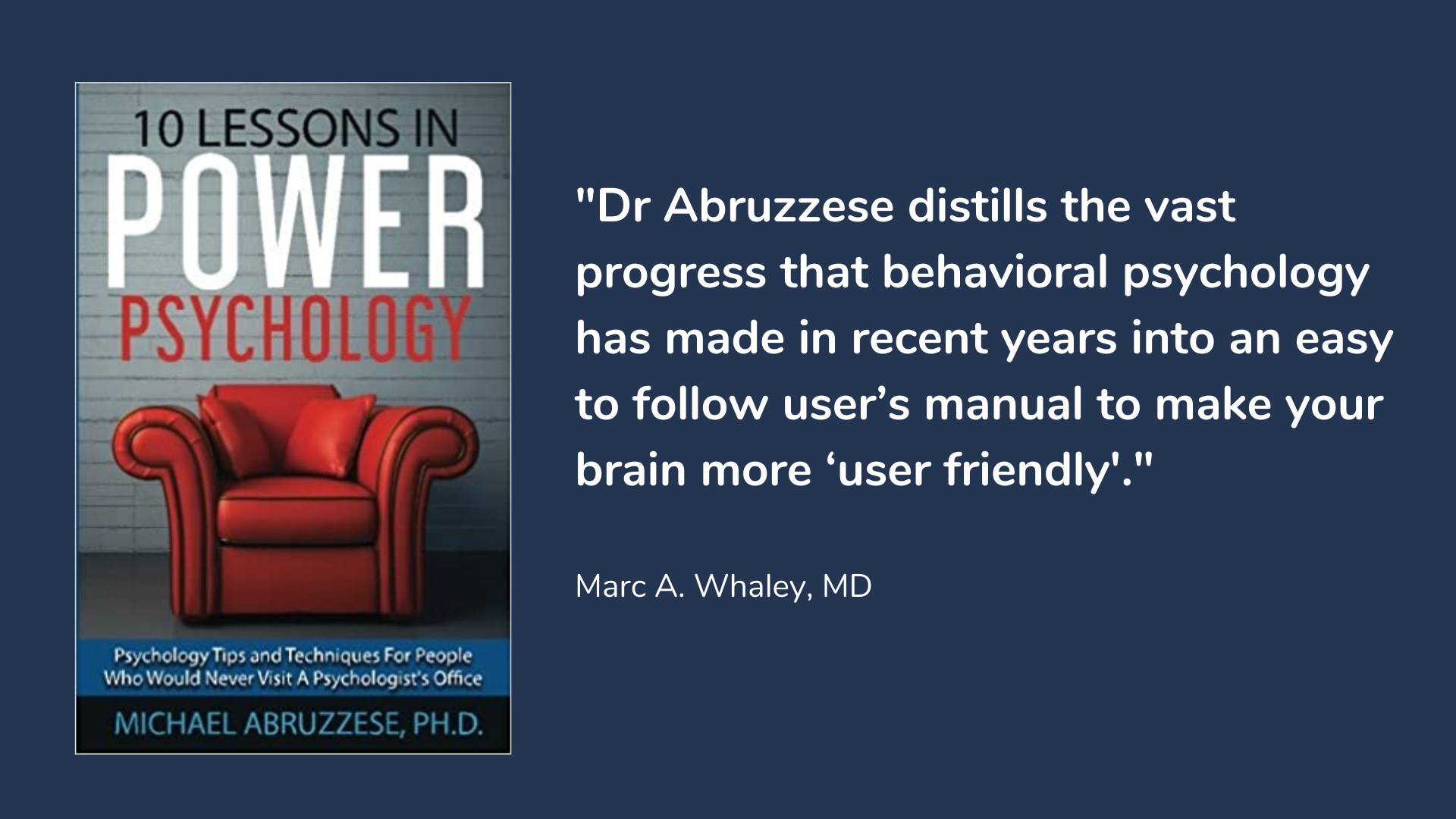The Power of Personalizing in Psychology

The Impact of Personalization in Psychology

Personalization has become a buzzword in many industries, including psychology. The concept of tailoring experiences and approaches to individual needs and preferences has been shown to have a profound impact on outcomes. In psychology, personalization can take many forms, from creating customized treatment plans to using technology to provide personalized interventions. In this article, we will explore the power of personalization in psychology and its potential benefits for individuals and society as a whole.
What is Personalization in Psychology?

Personalization in psychology refers to the process of tailoring psychological interventions, treatments, and approaches to an individual’s unique needs, preferences, and characteristics. This can involve using assessments and data to understand an individual’s personality, values, and goals, and then using that information to create a customized plan.
There are several key components to personalization in psychology, including:
- Assessment: Gathering data and information about an individual’s thoughts, feelings, and behaviors.
- Analysis: Using that data to identify patterns and trends, and to understand an individual’s unique characteristics.
- Intervention: Creating a customized plan or intervention that is tailored to an individual’s needs and preferences.
The Benefits of Personalization in Psychology

Research has shown that personalization can have a significant impact on outcomes in psychology. Some of the benefits of personalization include:
- Improved engagement: When individuals feel that their needs and preferences are being taken into account, they are more likely to be engaged and motivated.
- Increased effectiveness: Personalized interventions can be more effective than one-size-fits-all approaches, as they are tailored to an individual’s unique needs and characteristics.
- Enhanced satisfaction: Personalization can lead to increased satisfaction with treatment and interventions, as individuals feel that their needs are being met.
Some examples of personalization in psychology include:
- Cognitive-behavioral therapy (CBT): This type of therapy involves identifying and challenging negative thought patterns and behaviors. A personalized approach to CBT might involve using assessments and data to identify an individual’s unique thought patterns and behaviors, and then creating a customized plan to address those patterns.
- Mindfulness-based interventions: Mindfulness involves paying attention to the present moment in a non-judgmental way. A personalized approach to mindfulness might involve using assessments and data to identify an individual’s unique stressors and challenges, and then creating a customized mindfulness plan to address those stressors.
Technologies that Support Personalization in Psychology

There are several technologies that can support personalization in psychology, including:
- Artificial intelligence (AI): AI can be used to analyze large amounts of data and identify patterns and trends. This can be useful in creating personalized interventions and treatment plans.
- Machine learning: Machine learning involves using algorithms to analyze data and make predictions. This can be useful in identifying individual characteristics and creating personalized plans.
- Mobile apps: Mobile apps can be used to provide personalized interventions and support. For example, an app might use data and assessments to provide personalized mindfulness exercises or cognitive-behavioral therapy.
| Technology | Description |
|---|---|
| Artificial intelligence (AI) | AI can be used to analyze large amounts of data and identify patterns and trends. |
| Machine learning | Machine learning involves using algorithms to analyze data and make predictions. |
| Mobile apps | Mobile apps can be used to provide personalized interventions and support. |

Challenges and Limitations of Personalization in Psychology

While personalization has the potential to revolutionize the field of psychology, there are also several challenges and limitations to consider. Some of these include:
- Data quality: Personalization requires high-quality data, which can be difficult to obtain.
- Assessment and analysis: Assessing and analyzing data can be time-consuming and require specialized skills.
- Intervention development: Creating personalized interventions can be time-consuming and require specialized skills.
💡 Note: Personalization is not a replacement for human judgment and expertise. It is a tool that can be used to support and enhance psychological interventions, but it should not be relied on exclusively.
Future Directions for Personalization in Psychology

As technology continues to evolve, we can expect to see even more innovative applications of personalization in psychology. Some potential future directions include:
- Increased use of AI and machine learning: As AI and machine learning continue to evolve, we can expect to see even more sophisticated applications of personalization in psychology.
- Integration with other fields: Personalization has the potential to be integrated with other fields, such as medicine and education, to create even more comprehensive and effective interventions.
- Increased focus on prevention: Personalization has the potential to be used to prevent mental health issues, rather than just treating them.
💡 Note: Personalization is a rapidly evolving field, and it is likely that we will see many new and innovative applications in the coming years.
What is personalization in psychology?

+
Personalization in psychology refers to the process of tailoring psychological interventions, treatments, and approaches to an individual's unique needs, preferences, and characteristics.
What are some examples of personalization in psychology?

+
Some examples of personalization in psychology include cognitive-behavioral therapy (CBT) and mindfulness-based interventions.
What technologies support personalization in psychology?

+
Some technologies that support personalization in psychology include artificial intelligence (AI), machine learning, and mobile apps.
In conclusion, personalization has the potential to revolutionize the field of psychology by providing more effective and engaging interventions. While there are several challenges and limitations to consider, the benefits of personalization make it an exciting and promising area of research and development. As technology continues to evolve, we can expect to see even more innovative applications of personalization in psychology.